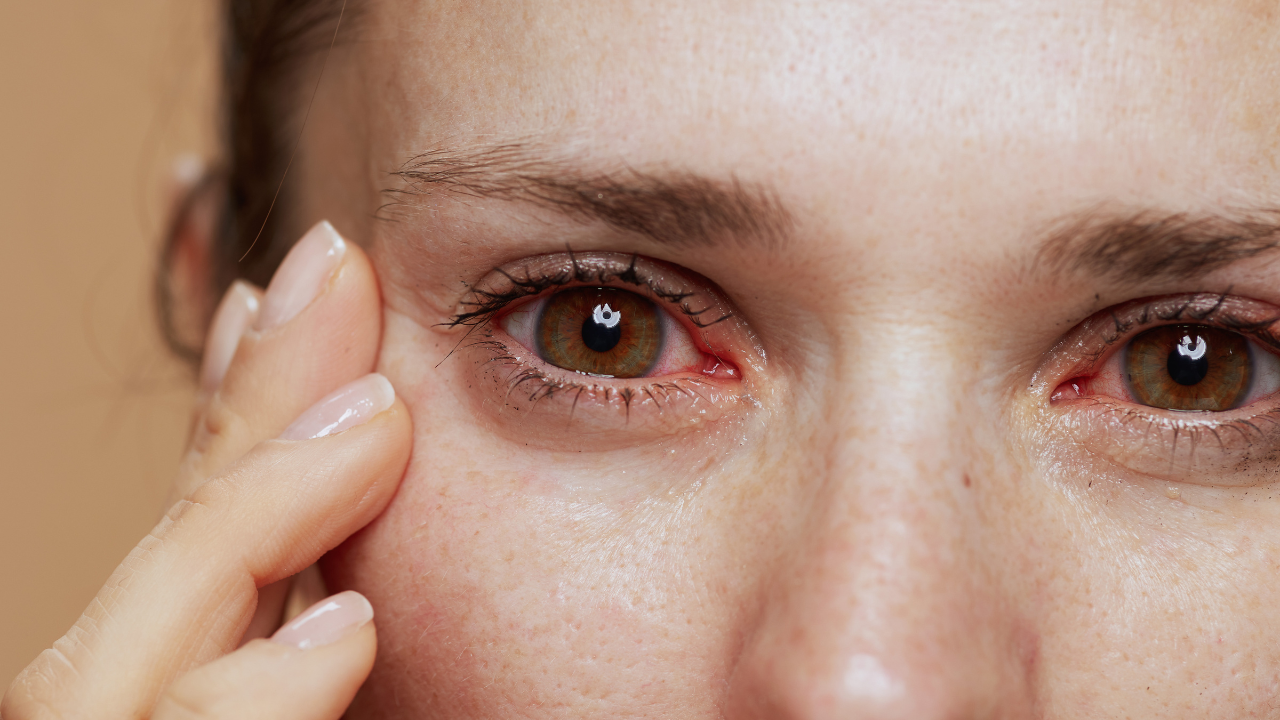What Are Hot Flashes?
Hot flashes are sudden, intense feelings of heat that typically affect the face, neck, and chest. They’re often accompanied by symptoms such as sweating, chills, a racing heart, and even feelings of anxiety. When hot flashes occur at night, they’re referred to as night sweats, which can disrupt sleep and leave you feeling tired the next day.
Key Statistics About Hot Flashes:
Prevalence
Approximately 75-80% of women experience hot flashes during menopause.
Duration
For most women (80%), hot flashes occur for two years or less, though they can persist longer for some.
Frequency
Women often experience four to five hot flashes per day on average, with episodes lasting a few minutes each.
How Common Are Hot Flashes During Menopause?
Did you Know?
While the exact triggers and underlying mechanisms of hot flashes are not fully understood, hormonal changes—particularly declining estrogen levels—play a key role. Managing triggers and exploring treatment options can help mitigate their impact.
Signs of Hot Flashes
Hot flashes aren’t just about heat; they often come with other physical and emotional symptoms:
- Increased heart rate or palpitations
- Sweating and flushing of the skin
- Chills or shivering after the episode
- Feelings of anxiety or discomfort
- Night Sweats: Hot flashes that occur at night can repeatedly wake you up, affecting sleep quality and energy levels the next day.


Tips for Managing Hot Flashes
Practical strategies can help reduce the frequency and intensity of hot flashes:
- Dress in Layers: Wear light, breathable fabrics to adjust to sudden temperature changes.
- Keep Cool: Use fans or carry a portable cooling device for quick relief.
- Avoid Triggers: Identify and avoid hot flash triggers like caffeine, alcohol, spicy foods, and stress.
- Practice Relaxation Techniques: Deep breathing and mindfulness exercises can help mitigate episodes.
- Stay Hydrated: Drink plenty of water throughout the day to regulate body temperature.
Treatment and Relief Options
While there’s no one-size-fits-all solution for hot flashes, effective treatments are available. Evolve Telemedicine offers personalized care plans, including Hormone Replacement Therapy (HRT), tailored to your needs.
Can Hormone Replacement Therapy (HRT) Help?
Yes, Hormone Replacement Therapy (HRT) is one of the most effective treatments for hot flashes. HRT replenishes declining estrogen levels, stabilizing your body’s temperature regulation and reducing the severity of symptoms.
Benefits of HRT for Hot Flashes:
- Rapid relief from hot flashes and night sweats.
- Improved sleep and mood regulation.
- Reduced severity of related symptoms like mood swings and fatigue.
At Evolve Telemedicine, we offer customized HRT plans tailored to your individual health needs, ensuring safe and effective relief from menopausal symptoms.

FAQs About Mood Swings

Hot flashes can persist for several years, with episodes ranging from a few seconds to several minutes.
Yes, options like lifestyle changes, dietary supplements, and non-hormonal medications (e.g., antidepressants or gabapentin) can help.
Yes, stress is a common trigger for hot flashes. Managing stress through relaxation techniques can reduce their frequency.
HRT is safe for most women but may not be suitable for those with certain medical conditions. Consult with our care team to discuss the best options for you.
We provide personalized care plans, including HRT and non-hormonal treatments, all delivered through our convenient telemedicine platform.
Take Control of Hot Flashes Today
If hot flashes are affecting your quality of life, Evolve Telemedicine is here to help. Our expert team offers personalized treatments to reduce the severity of hot flashes and help you regain control during menopause.
